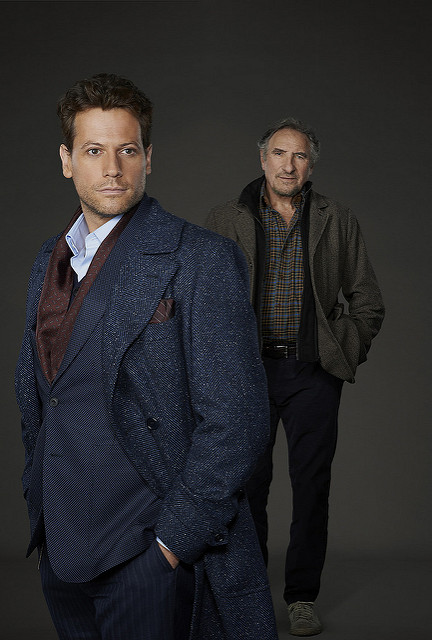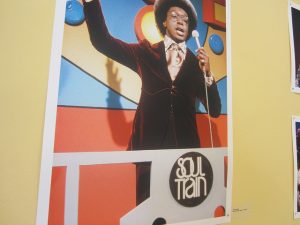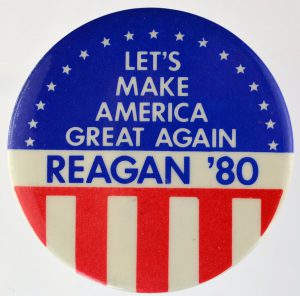Tom Rice is Senior Lecturer in Film Studies at the University of St Andrews and the author of White Robes, Silver Screens: Movies and the Making of the Ku Klux Klan (2015). In this book, he examines the integral role of cinema in the formation, development, and demise of the Ku Klux Klan between 1915 and 1944. Through a range of sources – including Klan newspapers, censorship files, and personal papers – the book explores the ways in which the Klan used, produced, and protested against the film industry in order to recruit members, generate publicity, and define itself as a traditional Protestant American organization.
The following interview took place in December 2016 (note the Advent wreath).
https://www.youtube.com/watch?v=2j3AGHIHGtM&feature=youtu.be
Tune in next week for part 2!










